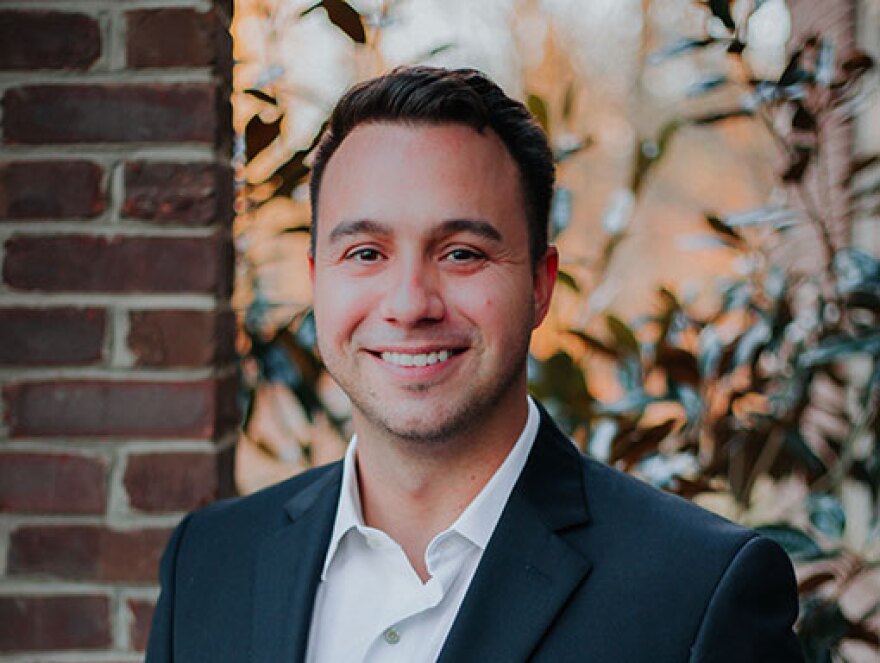Somerset Mayor Alan Keck is pressing the state to restore prior authorization for recovery services in an effort to prevent Medicaid fraud and abuse.
The practice was suspended during the pandemic and has never returned.
In a letter to the Kentucky Cabinet for Health and Family Services, Keck asked for the checks-and-balances measure to be reinstated.
“You can talk to any mayor in Kentucky and they’ll tell you there are countless individuals that aren’t from their city or county who are there now trying to get treatment," Keck told WKU Public Radio. "It’s not a lack of grace and compassion. It’s just the math of resources and we’re going to run out of money to take care of our own if we’re not careful.”
Keck said prior authorization is needed in communities like his that are seeing an increase in sober living houses, and as a result, a rise in crime and the number of homeless people in the area. He pointed to two carjackings in Somerset committed by residents who had been released from recovery centers, but had no way of returning to their homes out of state.
“Those are quite literal," stated Keck. "Then there’s the anecdotal where you get a call from a mom with young kids who says she doesn’t feel safe with her kids playing in the backyard anymore because of needles or a transient population they don’t recognize.”
Keck said the facilities recruit individuals from out of state and bill Kentucky’s Medicaid system for recovery services. He added that there are reports of Medicaid being billed for clinical treatment when patients only receive peer support.
"During the pandemic, CHFS implemented flexibilities to assist individuals with accessing medical services as quickly as possible, such as removing prior authorizations. Knowing that the pandemic increased anxiety, isolation, and depression, we chose to continue to waive prior authorizations for behavioral health services except for inpatient services," said CHFS spokeswoman Stephanie French.
In a statement, French said those efforts have resulted in a decrease in overdose deaths for the last two consecutive years. Kentucky saw a 10% decrease in overdose deaths while the average across the country was 3%.
"We are disheartened to hear that some providers may be taking advantage of at-risk individuals and do not believe creating barriers to care is a solution," added French. "We will continue our monitoring efforts to ensure the integrity of the Medicaid program. "
Keck said while Kentuckians can and should take pride in the ways the state has increased treatment options to address the substance abuse epidemic, but with no oversight, what was intended to be a positive is turning negative quickly. Kentucky has the highest number of treatment beds per capita in the nation, according to statistics Gov. Andy Beshear has touted in the last year.
As a member of the Kentucky League of Cities Board of Directors, Keck supported House Bill 408 in this year's General Assembly, which requires treatment centers to provide transportation services to residents who don't have means of returning home. The bill stalled after clearing the House.
Locally, Keck is working to launch a recovery program in Somerset modeled after the Life Learning Center in Northern Kentucky. The facility delivers holistic treatment that helps at-risk individuals maintain long-term success through gainful employment.
“Programs like Life Learning Center are where we should invest our efforts,” Keck said. “Instead of adding fuel to the fire by adding recovery beds and requiring little oversight, we need to reinstate prior authorization to reduce Medicaid abuse and look to programs that are working to heal people holistically and teach them a better way.”
The facility, which doesn't bill Medicaid, received $12 million from the state legislature to bring its curriculum to OakPointe Centre in Pulaski County to serve southern Kentucky. The program has a very low recidivism rate of 6.2% versus the national average of 83%, according to Life Leaning Center's website.


